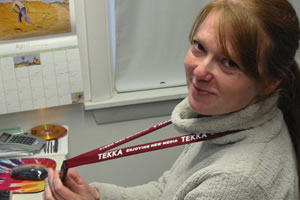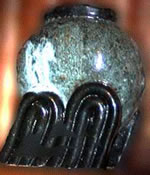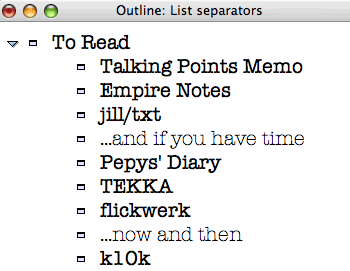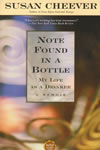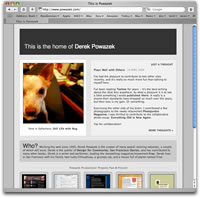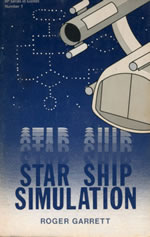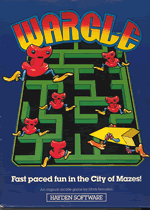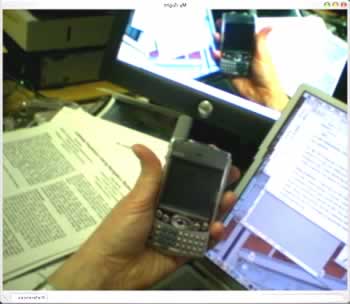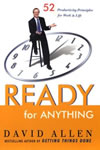Informal Lists
Tinderbox makes it easy to make and organize lists. You can make a note into a container instantly -- just drag another note into it. It's easy, too, to move notes among containers. And if you're not sure exactly where a note goes, you can use the Map view to arrange notes in piles and clusters.
This lets structure emerge gradually, organically over time. That's a big improvement over conventional database and knowledge management tools, which often expect you to get the structure right before you start.
One interesting side-effect is that the organization of Tinderbox files often improves over time. A common experience using "New Years' Resolution" tools, the sorts of organizers that encourage you to get everything all neat and wonderfully tidy, is very different: things always seem to get messier and messier as you try to use them on-the-fly to do real work. You can never get the structure just right at the outset — you can't, you just don't know enough. So, the initial structures is always wrong, and the more elegant the system and the more polished the tools, the sooner the scars and scratches appear.
It's very easy in Tinderbox to make a container, or to move things out of a container you no longer want. But, sometimes, you aren't sure whether you want a container or not. And, sometimes, maps aren't right either. And, here, the separator can be a terrific asset. A separator is just a plain old everyday note, but it's just used to mark a boundary.
There are lots of Web sites I check often, or want to remind myself to check, or that someone tells me to check. Sometimes, especially after a good meeting, the backlog gets complicated: I've been offline for several days, I've got to catch up on my reading, I've promised a bunch of people I'd look at sites they'd recommended, I've got a bunch of research ideas or marketing questions that need to be researched.
The first problem is just to get everything written down. That's the David Allen Lesson: get it out of your head and into your system, so you can use your head for important things. Any Tinderbox system is better than just trying to remember. The simplest thing that could possibly work is, for this, just fine.
The second problem is setting priorities — what Cathy Marshall and Frank Shipman call "information triage". Some things can't, or shouldn't wait. But the boundaries are bound to be fluid, and you want to be able to see across them.
Lately, I've been marking boundaries like this informally with a separator note. I often use a different font for separators, as in the screenshot above, by setting NameFont. (It's good to choose a font, or a color, that suggests less emphasis than normal notes carry; separators are apparatus and shouldn't call too much attention to themselves.





